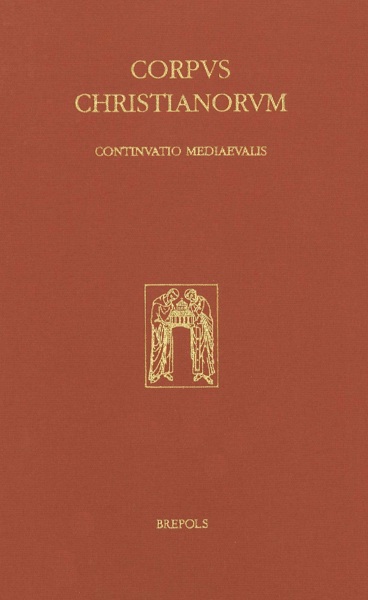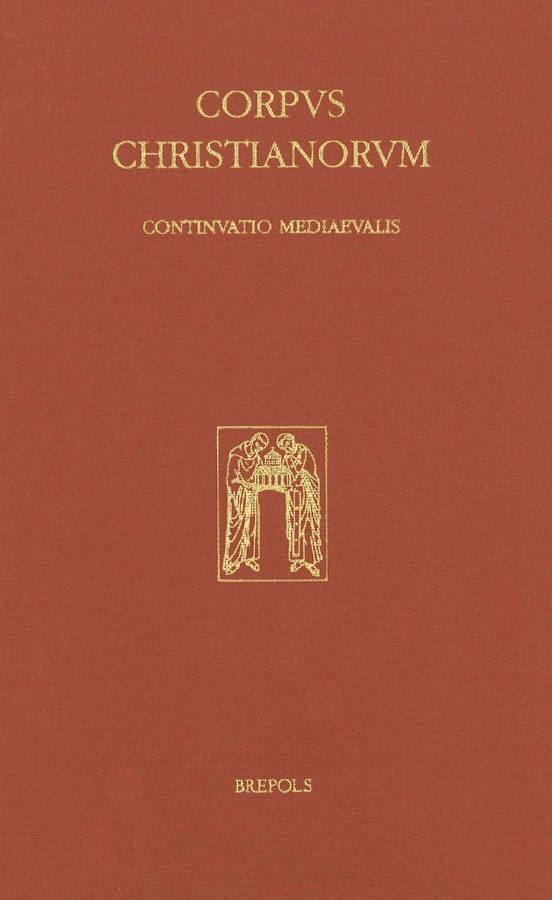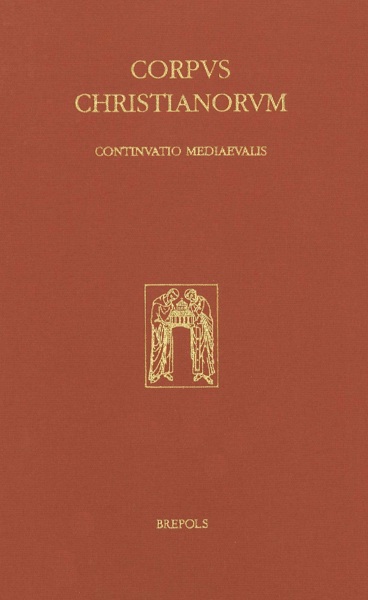
Raimundus Lullus
Raimundus Lullus: An Introduction to his Life, Works and Thought
Opera latina. Supplementum Lullianum II
A. Fidora, J.E. Rubio (eds)
- Pages: 564 p.
- Size:155 x 245 mm
- Illustrations:4 b/w, 9 col.
- Language(s):English
- Publication Year:2008
- € 200,00 EXCL. VAT RETAIL PRICE
- ISBN: 978-2-503-52610-2
- Hardback
- Available
The first comprehensive introduction in English to the study of the philosopher and theologian Raimundus Lullus (c. 1232-1316)
"Der Band von Fidora und Rubio soll die Grundlagen der Llull-Forschung vorstellen und dabei die nunmehr ein halbes Jahrhundert alte Arbeit von E. Platzeck als Referenzwerk ablösen." (Roger Friedlein, in: Zeitschrift für Katalanistik, 26 (2013), p. 351-356)
The book is the result of a joint effort by international scholars specialising in Lullus, who have been working on this Introduction since 2003, namely, Óscar de la Cruz, Fernando Domínguez, Jordi Gayà, Robert D. Hughes, Marta M. Romano and the editors.
From the 1270s onwards Lullus worked on his Art: a philosophico-theological system which takes the basic concepts of the three monotheistic religions of its time and discusses them by means of rational discourse in order to convince Muslims (and Jews) of the truth of the Christian articles of faith. Revising his Art and extending it across all fields of human knowledge, Lullus created a universal science that strongly influenced thinkers such as Nicholas of Cusa and Leibniz. He produced some 280 works in both Catalan and Latin, the Latin Opera being edited in the Corpus Christianorum, Continuatio Mediaevalis series.
The present Introduction provides a key to Lullus’ prolific philosophical and theological output. It is divided into three sections: Lullus' life, his works and his thought, i.e. the Ars. The first section offers a survey of Lullus’ eventful life (his conversion, illumination, travels, etc.) and presents the historical context for his intellectual projects. The second section offers a full catalogue of all his works, together with a short summary of each of them, an appreciation of their importance and basic bibliographical information concerning editions and further literature. The third section gives an explanation of Lullus’ Art, its mechanisms and its philosophical implications; it also shows how his thought manifested itself in the different realms of knowledge: natural, human and divine.





